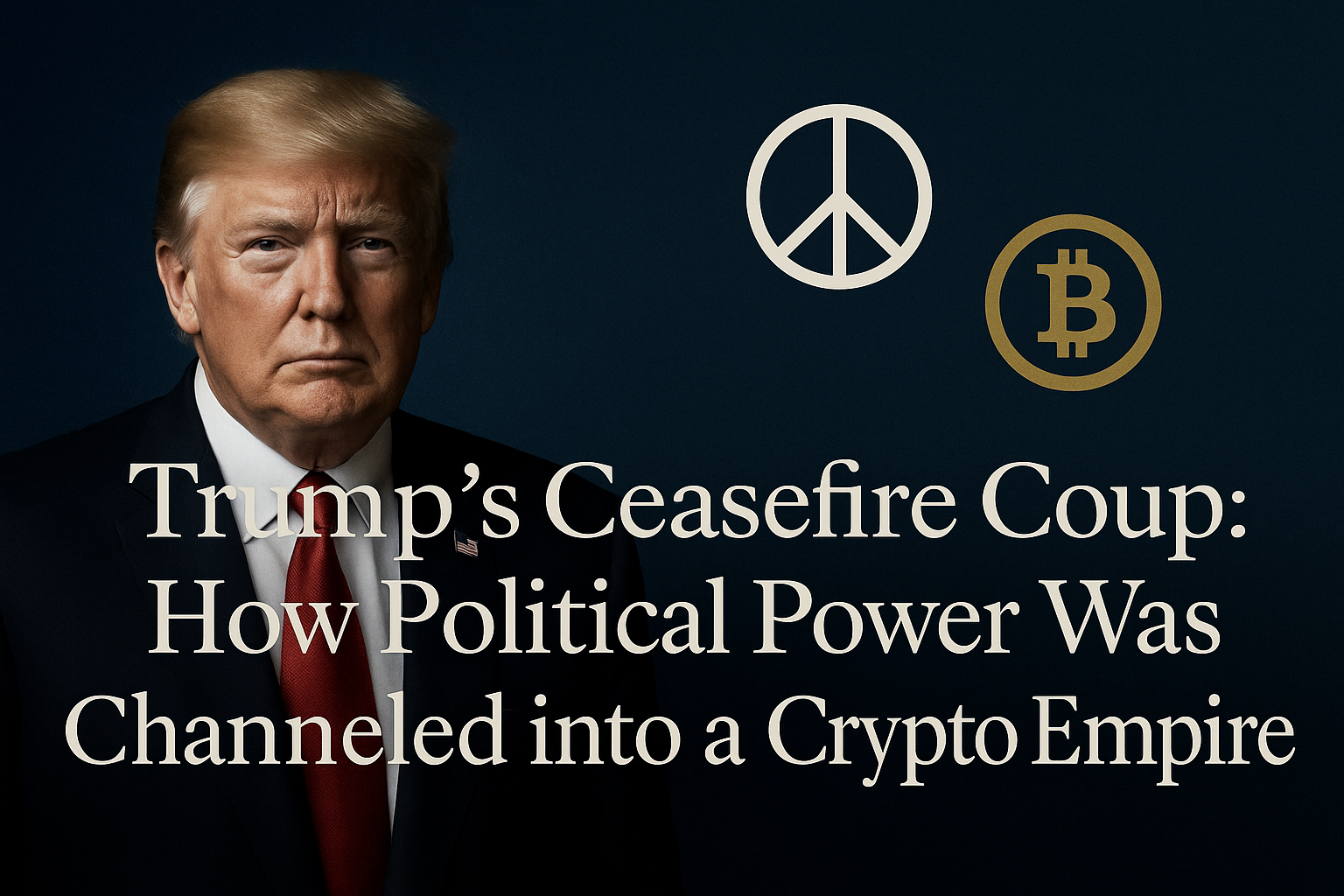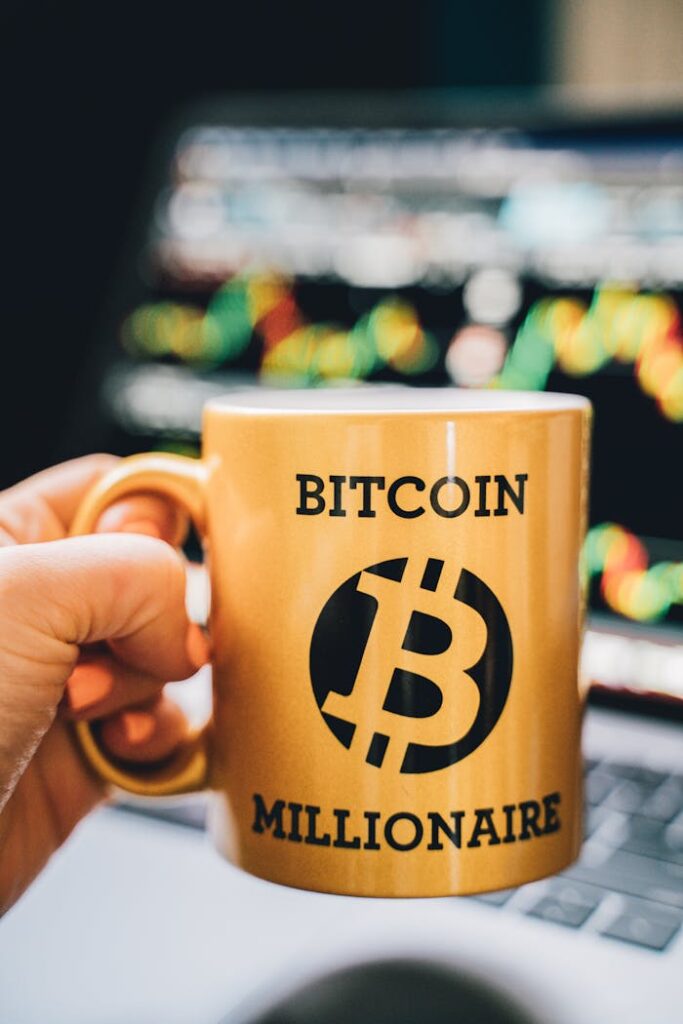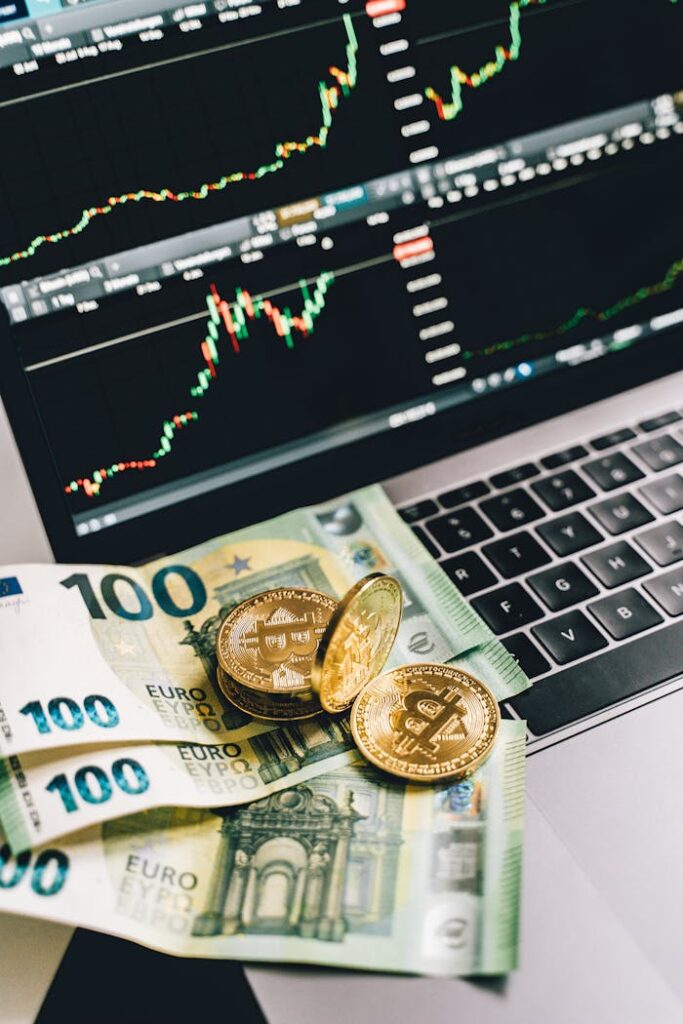In a striking sequence of diplomatic and financial events, former U.S. President Donald J. Trump is once again at the center of a geopolitical drama—this time not through political rallies or tweets, but through an international ceasefire, a multibillion-dollar IMF bailout, and a lucrative crypto deal with a company largely owned by his own family.
With the inclusion of Changpeng Zhao (CZ)—the embattled Binance founder recently released after a four-month prison sentence for money laundering violations—the story reads more like a political thriller than a straightforward business arrangement.
The Ceasefire: Strategic Diplomacy or Business Prelude?
On May 10, 2025, tensions between India and Pakistan escalated dangerously. Surprisingly, Trump stepped in as a mediator, leveraging old diplomatic ties and media influence to broker a ceasefire agreement that was celebrated internationally.
While the White House and State Department cautiously praised the outcome, critics viewed it through a different lens—one that framed the ceasefire not just as a humanitarian gesture but as a business-driven maneuver.
“Trump is positioning himself as a global power broker, but the question is—who truly benefits from the peace?” – Anonymous U.S. diplomat
The IMF Bailout: $2.4 Billion and Political Influence
Shortly after the ceasefire, Pakistan received a $2.4 billion bailout from the International Monetary Fund (IMF). Many observers found the timing notable—too rapid to be coincidental. Analysts suggest that Trump, through backchannel negotiations, lobbied international allies and financial institutions to support the bailout, adding to Pakistan’s economic credibility and ensuring conditions were ripe for the next phase of his strategy.
The funding provided Pakistan with:
-
Foreign reserve support
-
Inflation relief
-
A foundation to test new fintech and crypto infrastructure
The Crypto Pivot: World Liberty Financial Steps In
Enter World Liberty Financial (WLF), a digital asset company in which the Trump family holds a 60% ownership stake. Within days of the IMF bailout, the Pakistan government announced a landmark partnership with WLF to begin the integration of blockchain across key sectors of the economy, including land registries, remittance systems, and fintech applications.
As part of the deal:
-
WLF introduced its USD1 stablecoin, reportedly backed by U.S. Treasury assets
-
Pakistan agreed to begin a regulatory pilot for crypto-friendly banking services
-
WLF secured exclusive infrastructure development contracts in South Asia
The Controversial Mediator: CZ’s Return to the Spotlight
The mediation of this crypto agreement was not handled by diplomats or IMF technocrats—it was managed by Changpeng Zhao, the former CEO of Binance, who had recently served four months in U.S. federal prison after pleading guilty to anti-money laundering violations.
Despite his legal history, Zhao was brought in as a neutral advisor due to his deep technical understanding of crypto infrastructure and market flows. His participation raised eyebrows:
-
Is CZ’s inclusion an example of redemption or a sign of regulatory breakdown?
-
Does his past undermine the legitimacy of the crypto deal?
-
Could this be part of a broader plan to re-enter the global crypto stage through backdoor diplomacy?
The Ethics of Influence: Blurred Lines and Unanswered Questions
This confluence of global diplomacy, financial relief, and private enterprise has stirred intense ethical concerns. Observers and watchdog organizations have raised several critical questions:
-
Was the IMF bailout indirectly engineered to pave the way for a private business deal?
-
Should former heads of state be allowed to use their political influence to profit from post-office international agreements?
-
How does the inclusion of a convicted crypto executive affect investor trust and regulatory oversight?
Conclusion: Power, Profit, and the Future of Geo-Crypto Politics
What began as a diplomatic intervention in South Asia has rapidly evolved into a pioneering—but controversial—crypto experiment. President Trump has not only shaped regional peace talks but has seemingly transformed them into a strategic foundation for global crypto expansion—centered around his family’s business interests.
While the long-term impact of this deal remains uncertain, it offers a clear warning: as global finance digitizes, the boundaries between diplomacy, influence, and private capital are eroding. This emerging era of “geo-crypto politics” may become the new frontier of both opportunity—and abuse.
Note: This article is based on real-time reporting and public sources as of May 2025. Any legal implications or evolving events will be updated accordingly.


